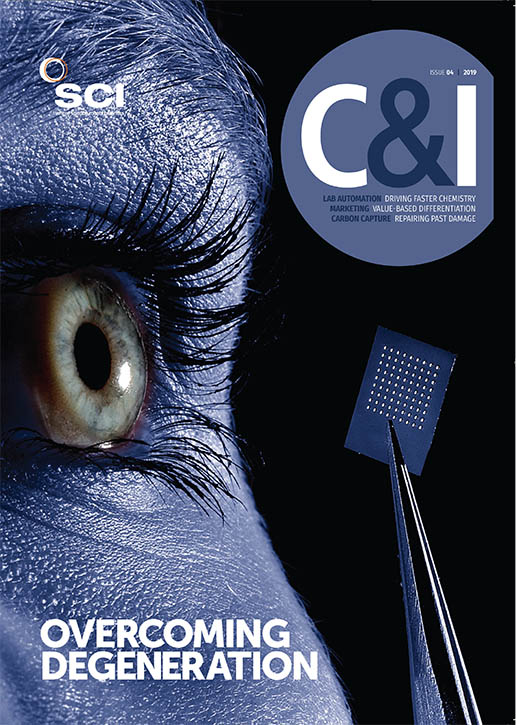New rules requiring financial asset managers, insurers and pension funds to disclose information relating to sustainability risks in their investments have been agreed by the European Parliament and EU Member States.
The regulation is intended to eliminate ‘greenwashing – unsubstantiated or misleading claims about sustainability characteristics and benefits of an investment product – and raise market awareness on sustainability matters. It introduces a ‘disclosure toolbox’, a standard set of rules governing how financial market operators inform investors about environmental, social or governance (ESG) risks and opportunities. For example, this could be information relating to assets located in flood-prone areas, pollute water or which impact biodiversity.
The regulation covers: investment funds; life insurance products as well as group life policies; private and occupational pensions; individual portfolio management; and insurance and investment advice.
‘The new rules on disclosures will enable investors and citizens to make more informed choices so that their money is used more responsibly and supports sustainability,’ says the Commission’s Valdis Dombrovskis, in charge of Financial Stability, Financial Services and Capital Markets Union. But it is also a massive investment opportunity, says vice-president Jyrki Katainen, responsible for Jobs, Growth, Investment and Competitiveness. ‘Today’s agreement will help Europe’s financial sector position itself as a leading global destination for investments in green technologies.’
Michael Collins, CEO of Invest Europe, the association representing European private equity, points out that active stewardship and long-term investment horizons means many fund managers are already focused on ESG matters, both in their due diligence before choosing to invest and in their day-to-day management of the companies they back.
Invest Europe’s industry professional standards and reporting guidelines already integrate ESG considerations throughout and encourage transparency.
Rachel Owens, head of EU advocacy at anti-corruption NGO Global Witness, welcomes the agreement but points out the rules still have weaknesses. ‘Investors will initially only be subject to a ‘comply or explain’ compliance mechanism, although it will become mandatory for large investors after 18 months.
This means that investors themselves will need to determine whether they consider the adverse impacts of the investment decisions or not. Only through strict enforcement can the goals of these rules be fully achieved.’





